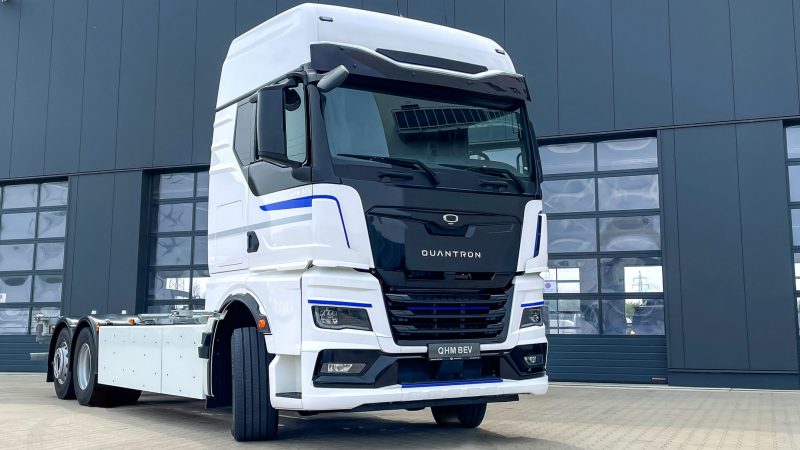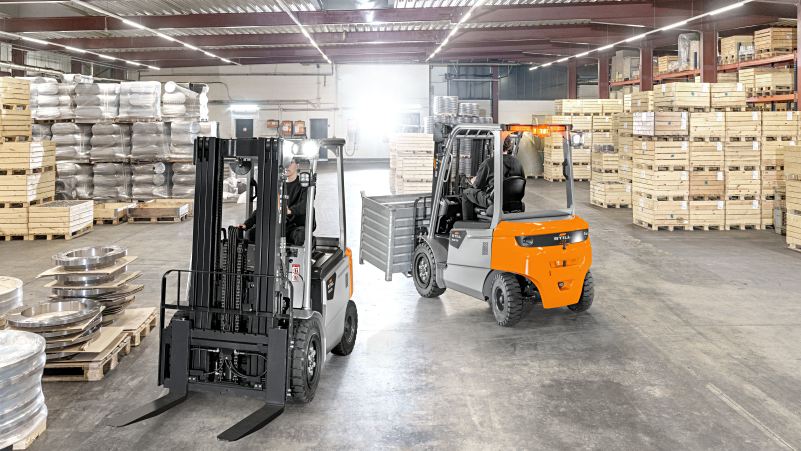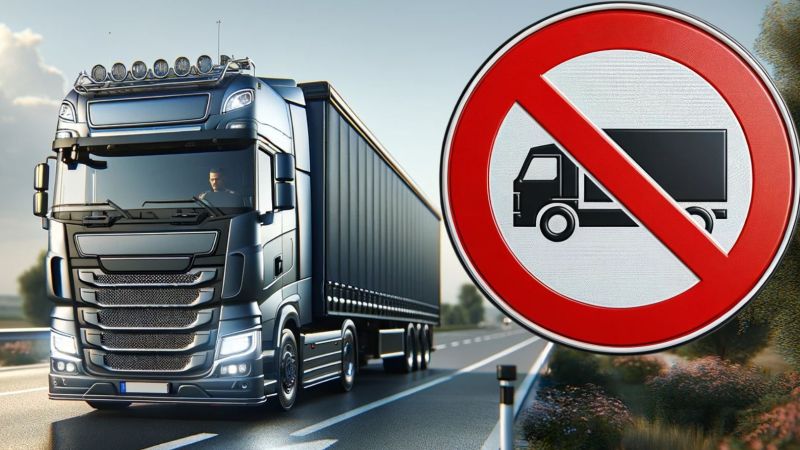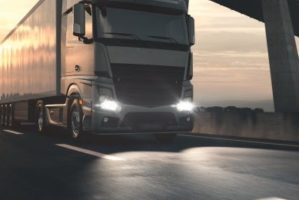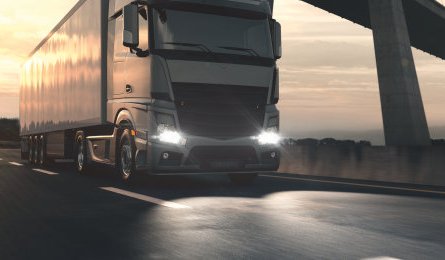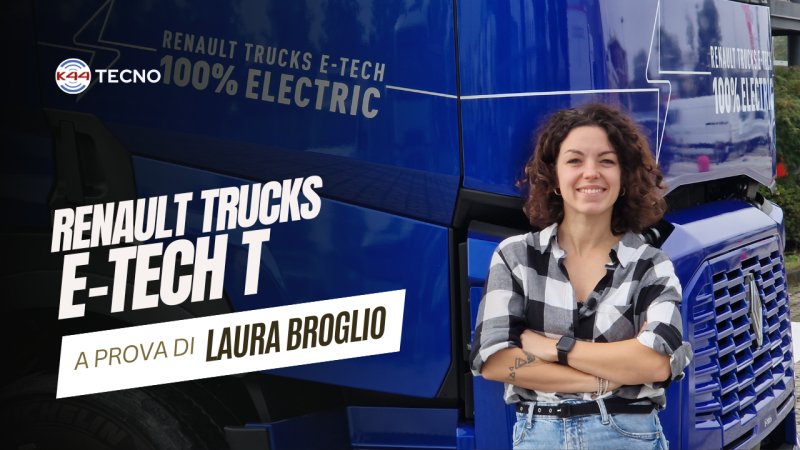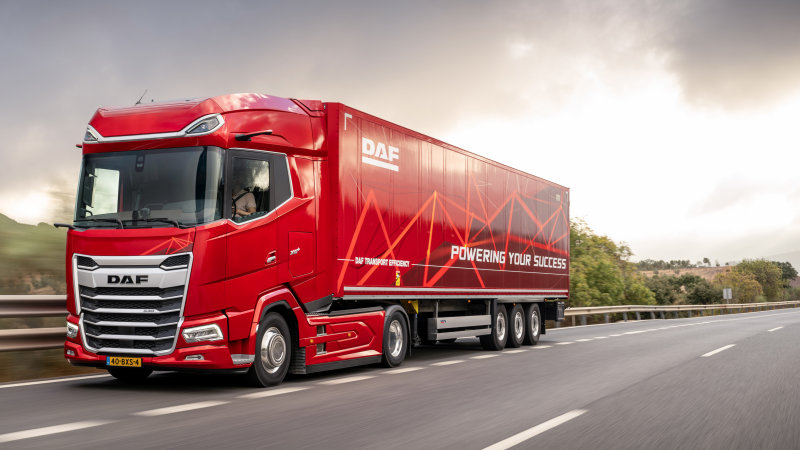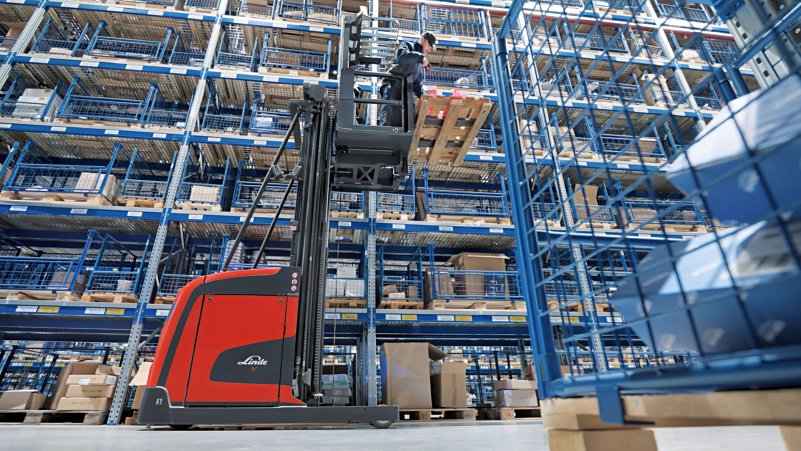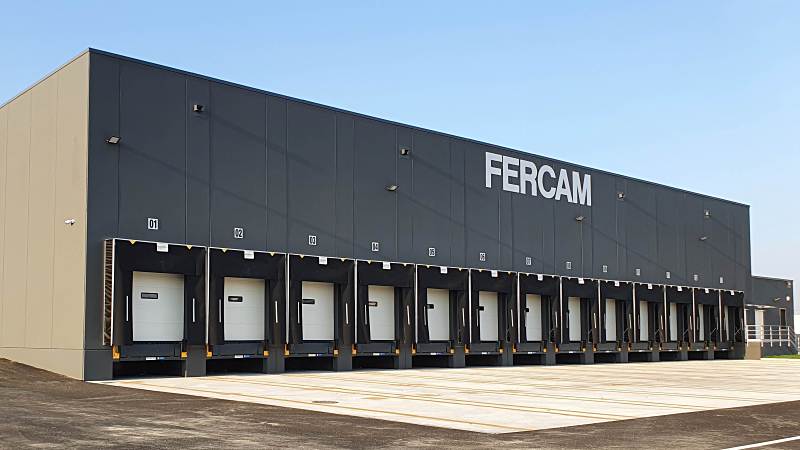The European Parliament ratified the Regulation, previously agreed upon with the Council, setting forth emission reduction targets for new commercial vehicles and buses. According to the document, these emissions must be reduced by 45% for the period 2030-2034, by 65% for 2035-2039, and by 90% starting from 2040. The regulation also sets emission reduction targets for trailers (7.5%) and semi-trailers (10%), starting from 2030.
Furthermore, the rule mandates that by 2027, the European Commission conduct a detailed review of the effectiveness and impact of the new regulations. This review will assess, among other factors, the potential application of these rules to small trucks, the role of a methodology exclusively for registering heavy vehicles powered by zero CO2 emission fuels, and how a carbon correction factor could aid in the transition to zero-emission heavy vehicles.
The text approved by the European Parliament was criticized by the International Road Transport Union (IRU), the global federation of road transport associations and vehicle manufacturers, for setting "overly ambitious" targets. The IRU highlighted the lack of a clear definition of "zero carbon emissions fuels" and the absence of methods for certifying vehicles powered exclusively by such fuels. This includes biofuels like HVO (Hydrotreated Vegetable Oil).


